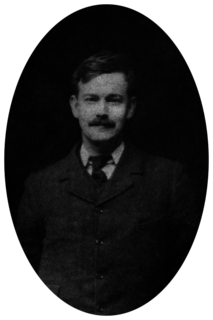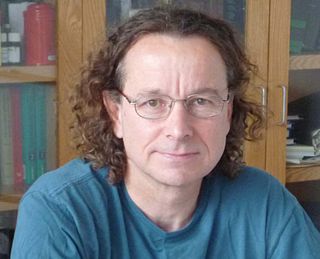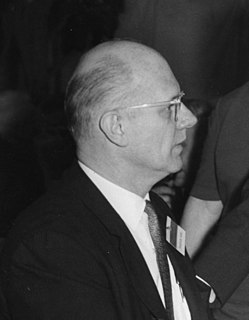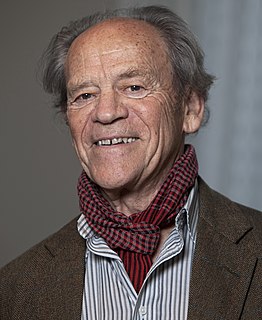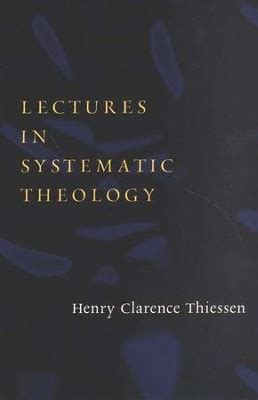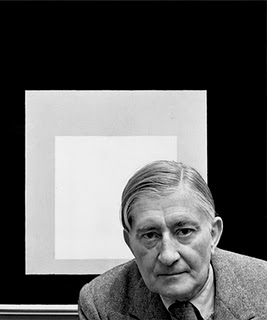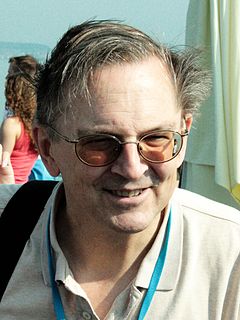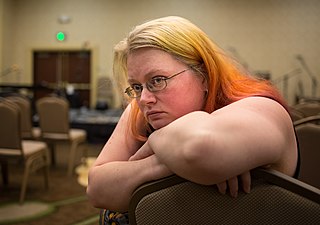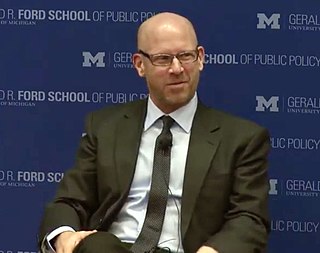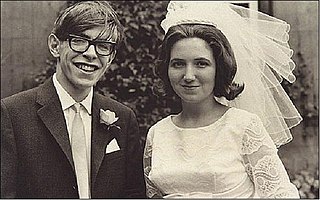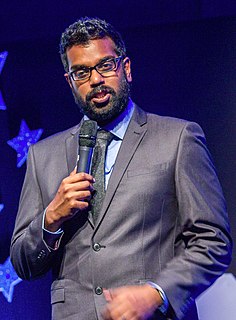Top 1200 Scientist Life Quotes & Sayings - Page 17
Explore popular Scientist Life quotes.
Last updated on December 12, 2024.
The real economic cleavage is not... between employers and employed, but between all who do constructive work, from scientist to laborer, on the one hand, and all whose main interest is the preservation of existing proprietary rights upon the other, irrespective of whether they contribute to constructive work or not.
That is the way of the scientist. He will spend thirty years in building up a mountain range of facts with the intent to prove a certain theory; then he is so happy with his achievement that as a rule he overlooks the main chief fact of all-that all his accumulation proves an entirely different thing.
All that we make and do is shaped by the communities and traditions that contain us, not to mention by money, power, politics, and luck. And even should the artist or scientist think she has extracted herself from the world to stand alone in the studio, a tremendous array of faculties and mind-states may well attend her creativity.
I believe that we are a story-driven species and that we understand how things are put together, in the context of narrative. It's a shame that science hasn't been taught that way, in a long time. It's usually the fact completely devoid of any human experience or any idea of how the scientist came to that conclusion.
I started as - well, I wanted to be Poet Laureate. And I wanted to be a naturalist. That's how I began. I didn't have any desire to go and be a scientist. Louis Leakey channeled me there. I'm delighted he did. I love science. I love analyzing and making sense of all these observations. So, it was the perfect rounding off of who I was into who I am.
The Bible is to the theologian what nature is to the scientist, a body of unorganized, or only partly organized facts. God has not seen fit to write the Bible in the form of a systematic theology; it remains for us, therefore, to gather together the scattered facts and to build them up into a logical system.
I think my original inspiration came from just natural curiosity about science and math and biology. In particular, I would say that, as I matured, it became more a feeling of trying to avoid the waste that occurs in the world where we have 6.5 billion minds. If you're a computer scientist, you can think of them as supercomputers.
But our ways of learning about the world are strongly influenced by the social preconceptions and biased modes of thinking that each scientist must apply to any problem. The stereotype of a fully rational and objective scientific method, with individual scientists as logical (and interchangeable) robots, is self-serving mythology.
As a Christian, a trained engineer and scientist, and a professor at Emory University, I am embarrassed by Superintendent Kathy Cox's attempt to censor and distort the education of Georgia's students.... There is no need to teach that stars can fall out of the sky and land on a flat Earth in order to defend our religious faith.
Now is not the time to repudiate environmental balance, but rather it is the time for all of us to work together - politician, advocate, rancher, scientist, and citizen. Only by doing this will the United States move forward and be a leader in environmental issues and ensure sustainability to our delicate ecosystem.
A system such as classical mechanics may be 'scientific' to any degree you like; but those who uphold it dogmatically - believing, perhaps, that it is their business to defend such a successful system against criticism as long as it is not conclusively disproved - are adopting the very reverse of that critical attitude which in my view is the proper one for the scientist.
Elections, for their part, are typically popularity contests rather than measures of candidates' relative competency or effectiveness. Imagine if scientific truth were determined according to which scientist was most popular. To be successful, scientists would have to be charismatic and attractive - and human knowledge would suffer terribly.
I don't think any administration, when they come in, thinks that their job is to tell the scientists what the science looks like or to be quiet about the science. Scientists need to remain true and not allow science to be politicized. Scientists are not politicians, and no politician should consider themselves to be a scientist.
As a scientist, I play in the top league - the Olympics, the World Championships - and I want to be in the lead. As a runner, I set personal goals, and I want to push beyond my own personal limits. I was very happy when I practiced for several months and then reached my goal to run a marathon in 2:50.
I think that we're making a mistake if we don't see that there is a cultural basis to many illnesses, not just psychiatric ones. Breast cancer would be one prevalent example right now, different kind of cultures surrounding it. If you don't understand the cultural meaning of an illness like that you're going to miss the boat even if you're a great scientist.
The scientist does not defy the universe. He accepts it. It is his dish to savor, his realm to explore; it is his adventure and never-ending delight. It is complaisant and elusive but never dull. It is wonderful both in the small and in the large. In short, its exploration is the highest occupation for a gentleman.
Forrest Mims is the author of the famous book 'Getting Started in Electronics,' published by RadioShack for many years. I bought the book in the 1980s and had a blast making the projects in it. When I was editor-in-chief of 'MAKE,' I asked Forrest to write a column for the magazine, called 'The Backyard Scientist.'

